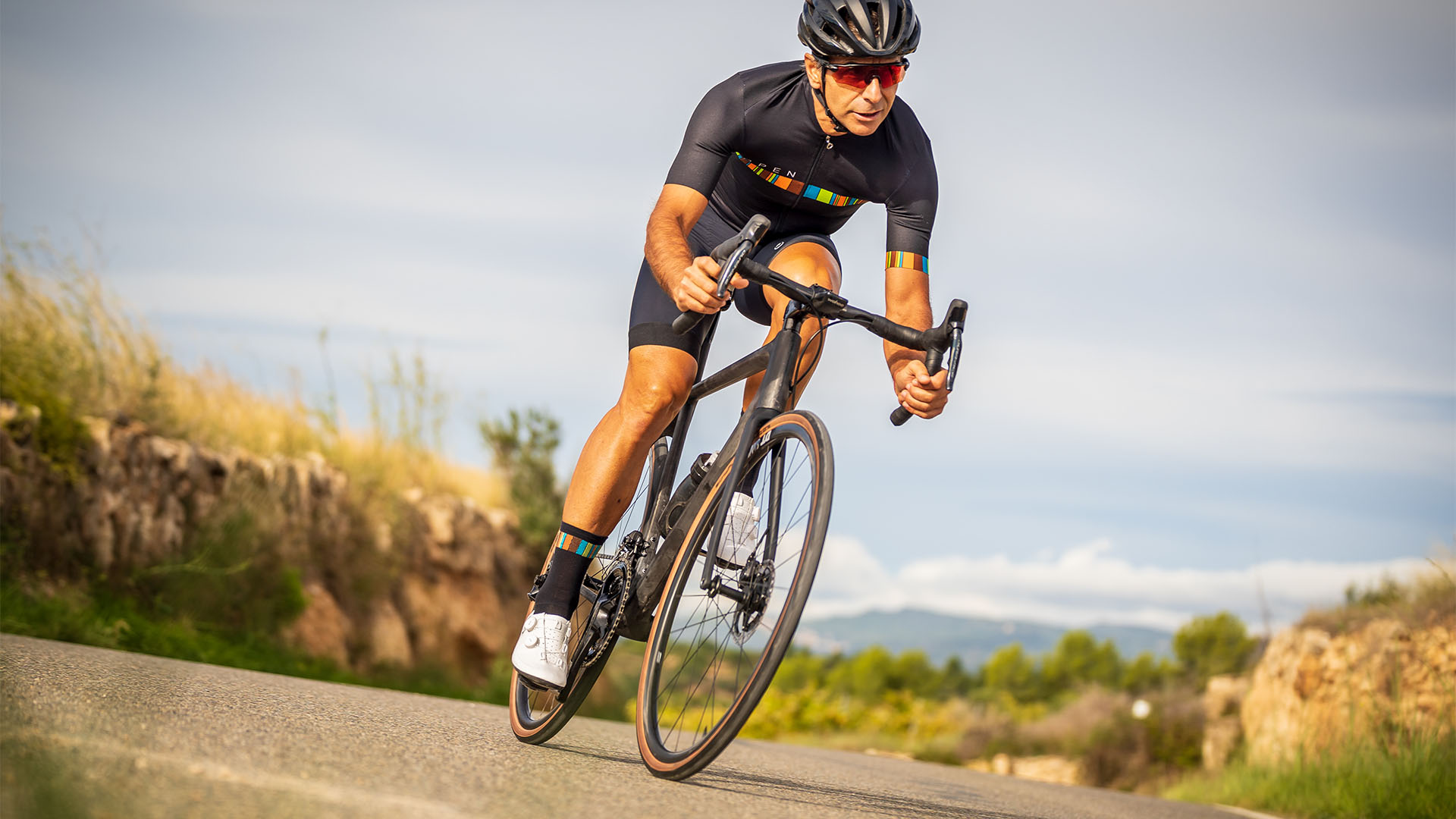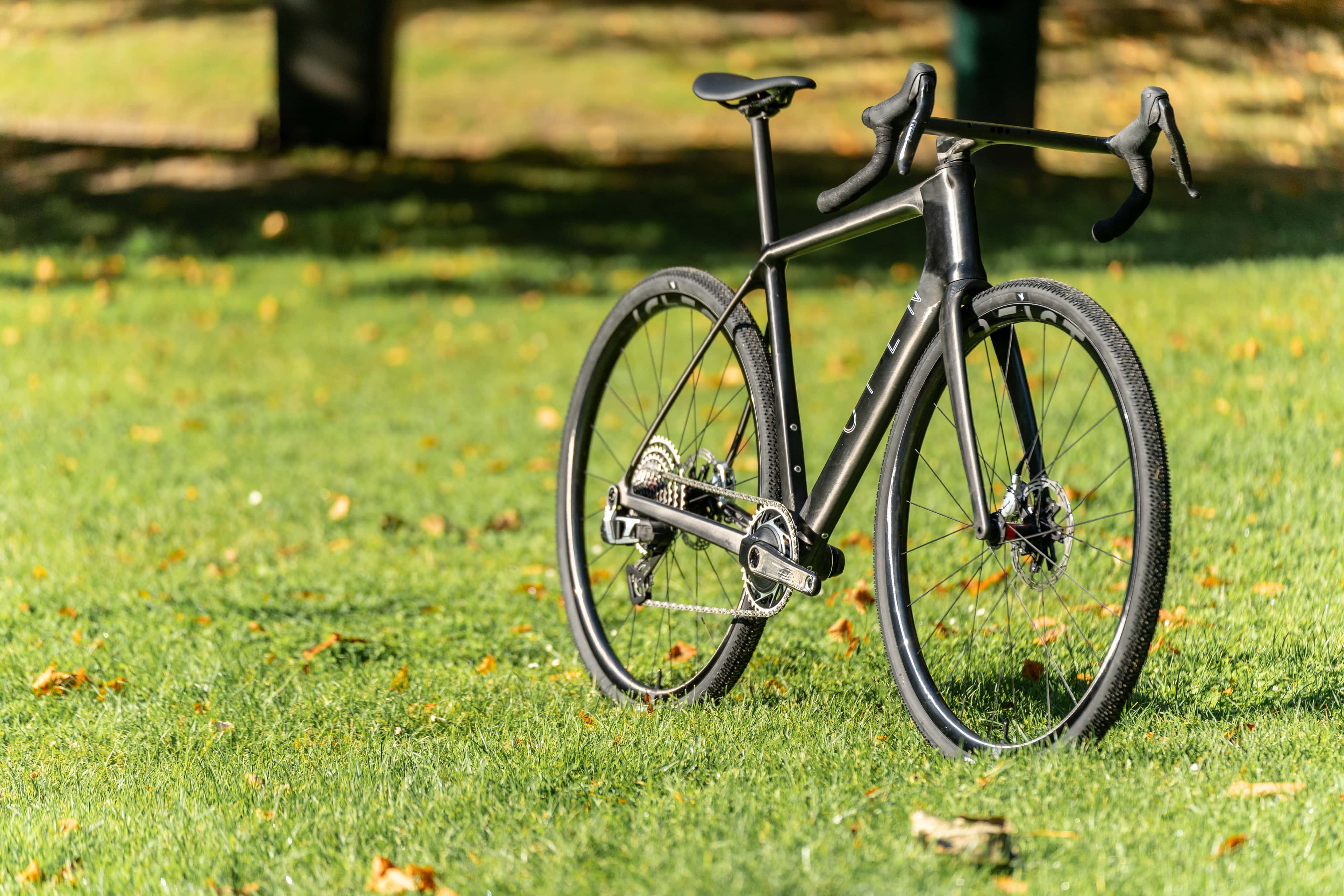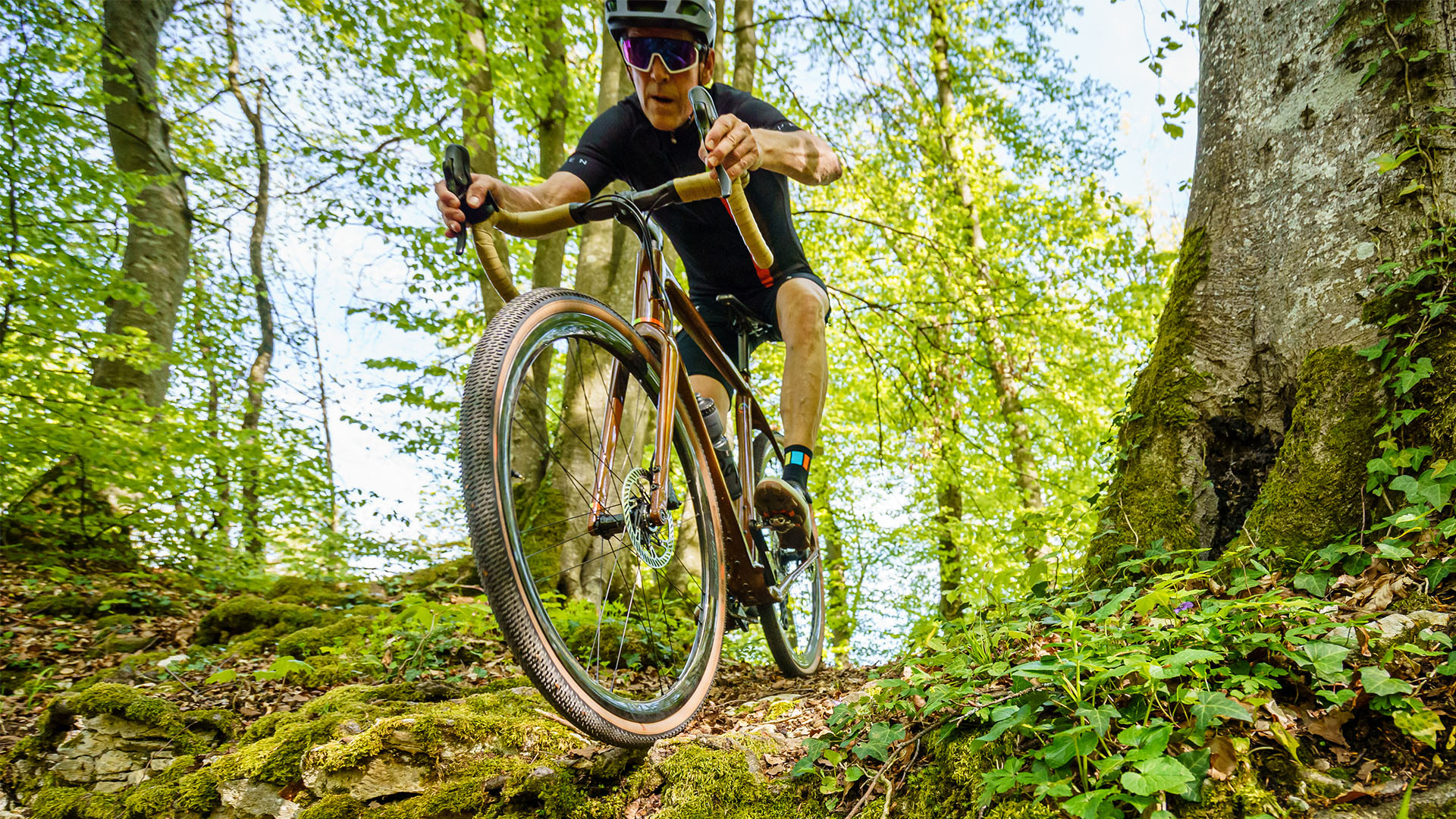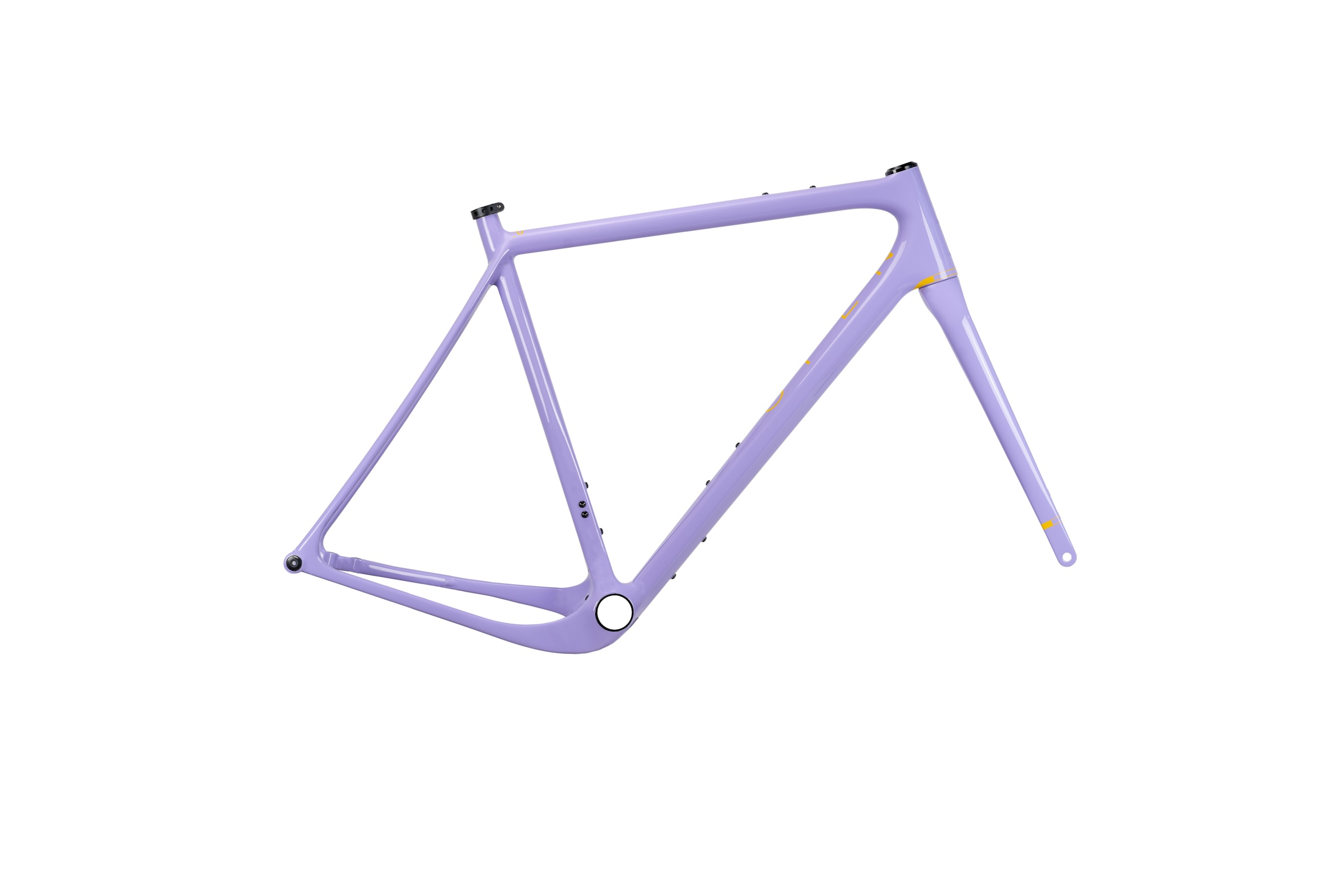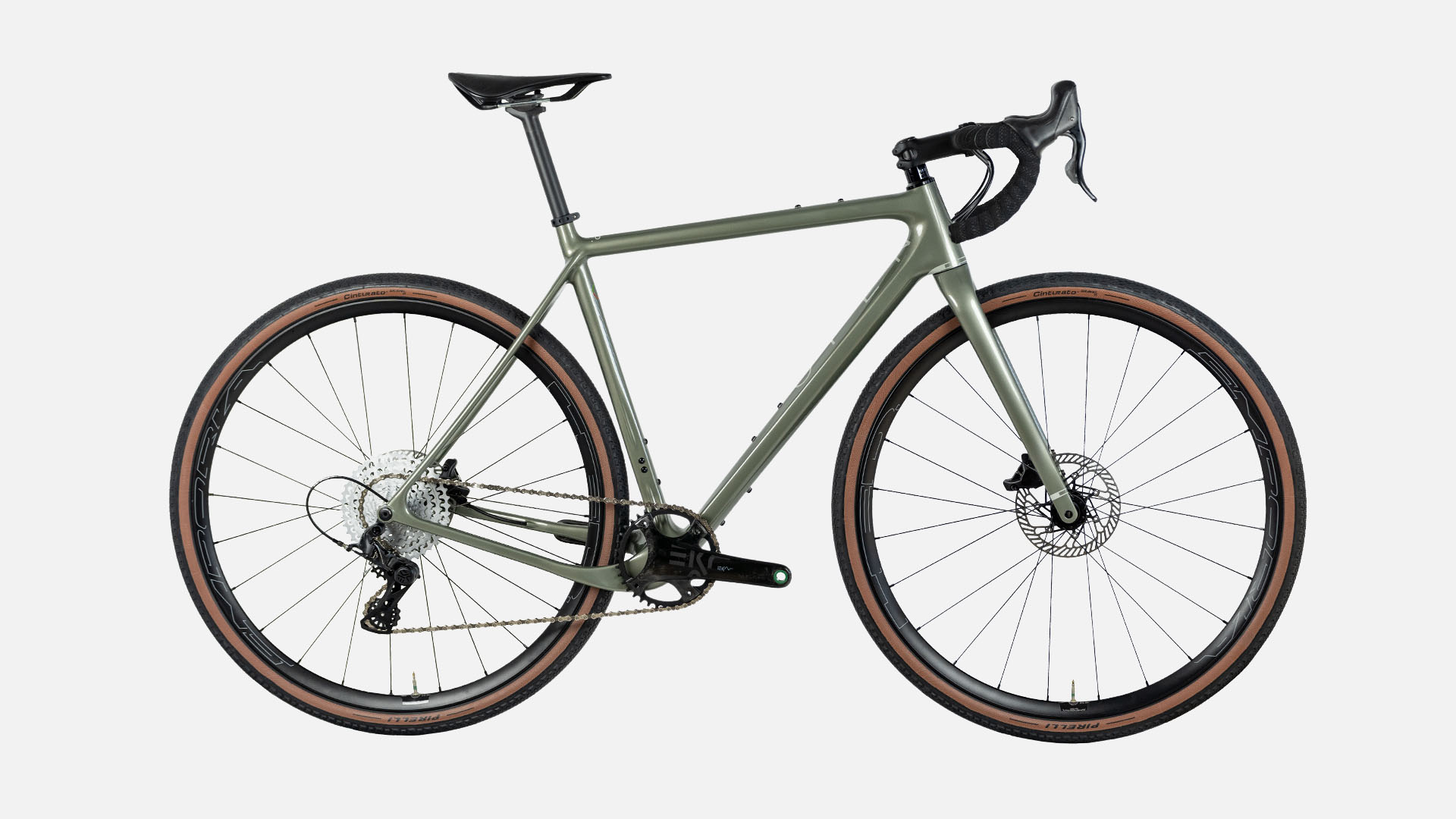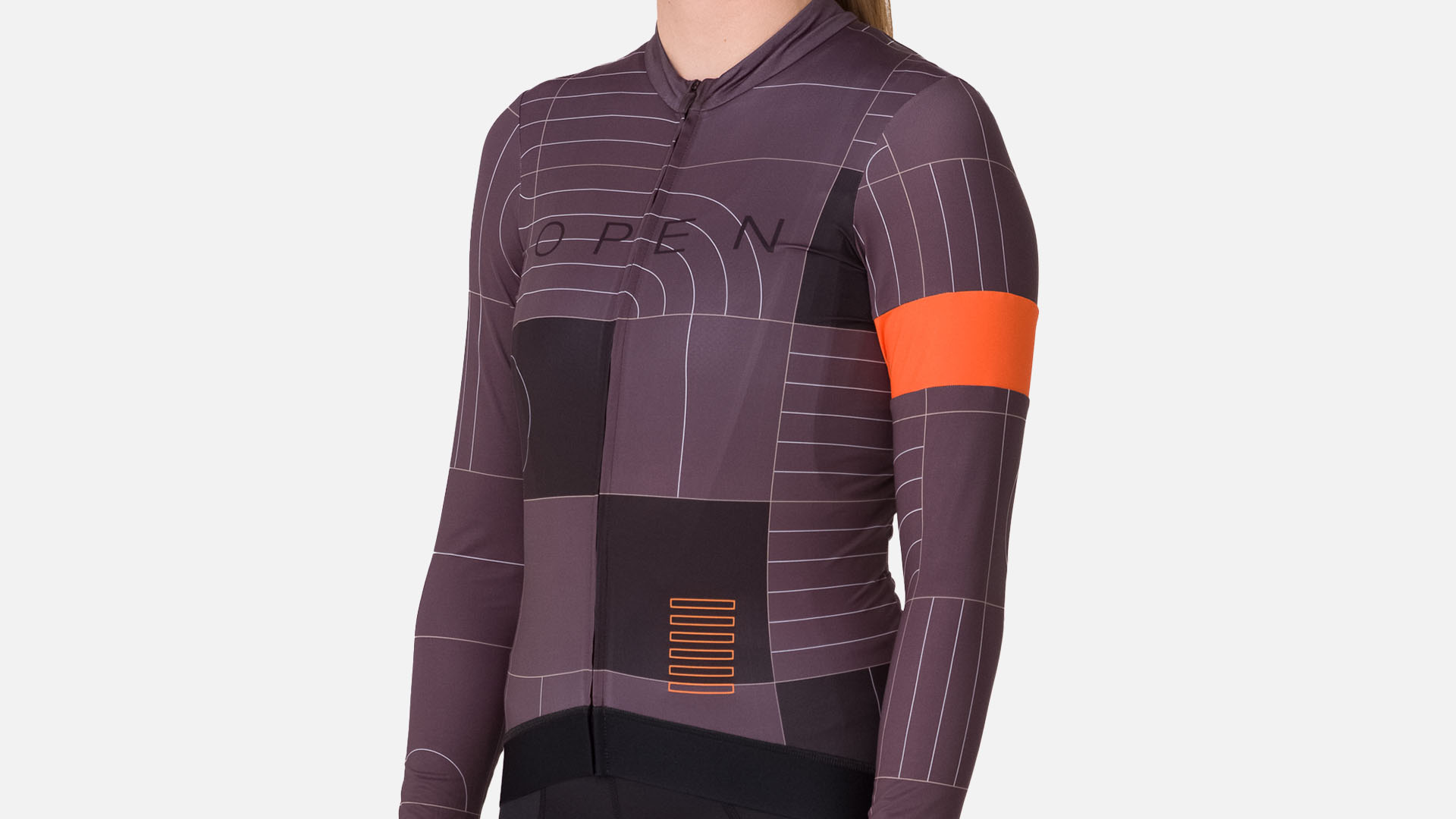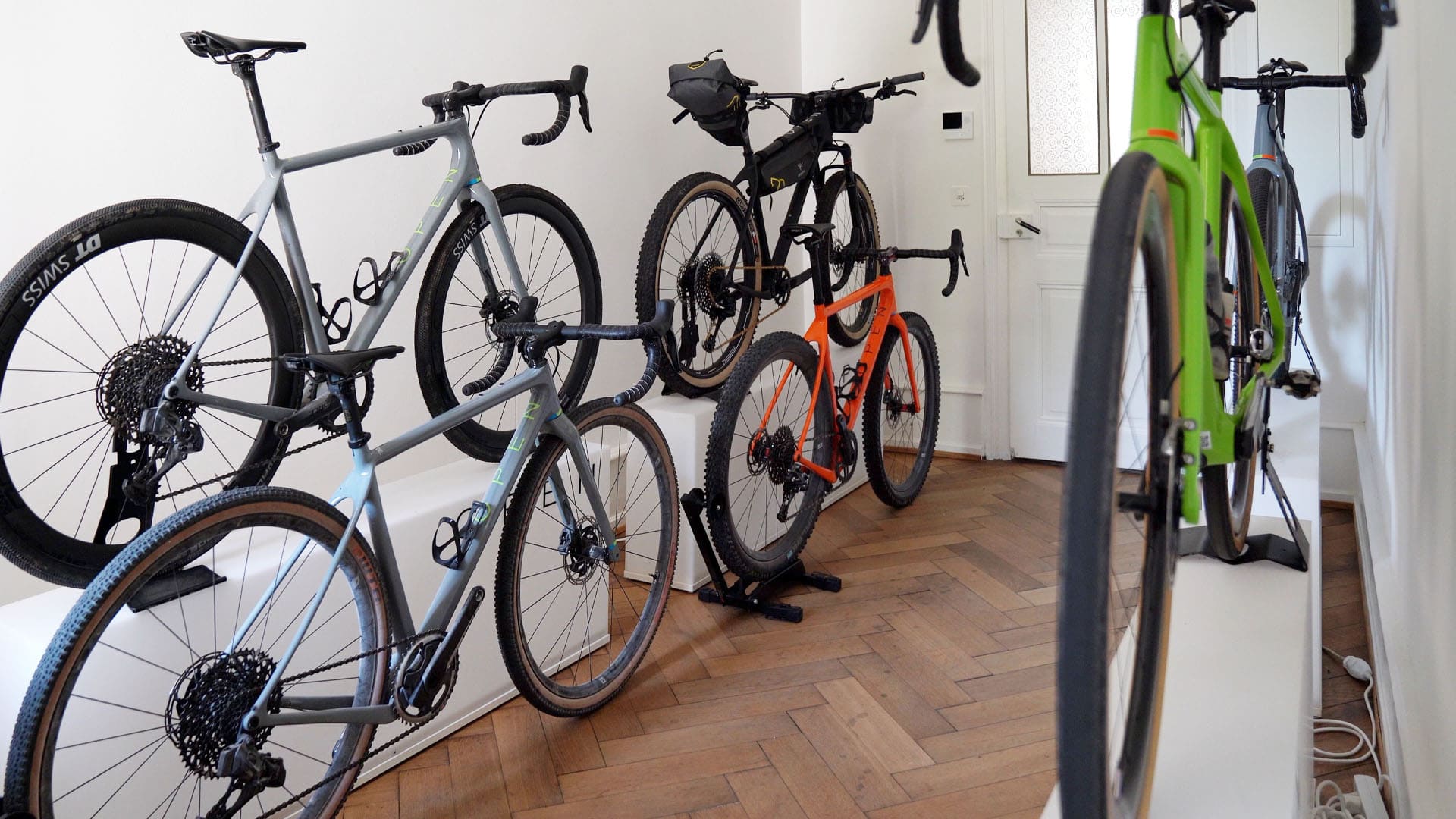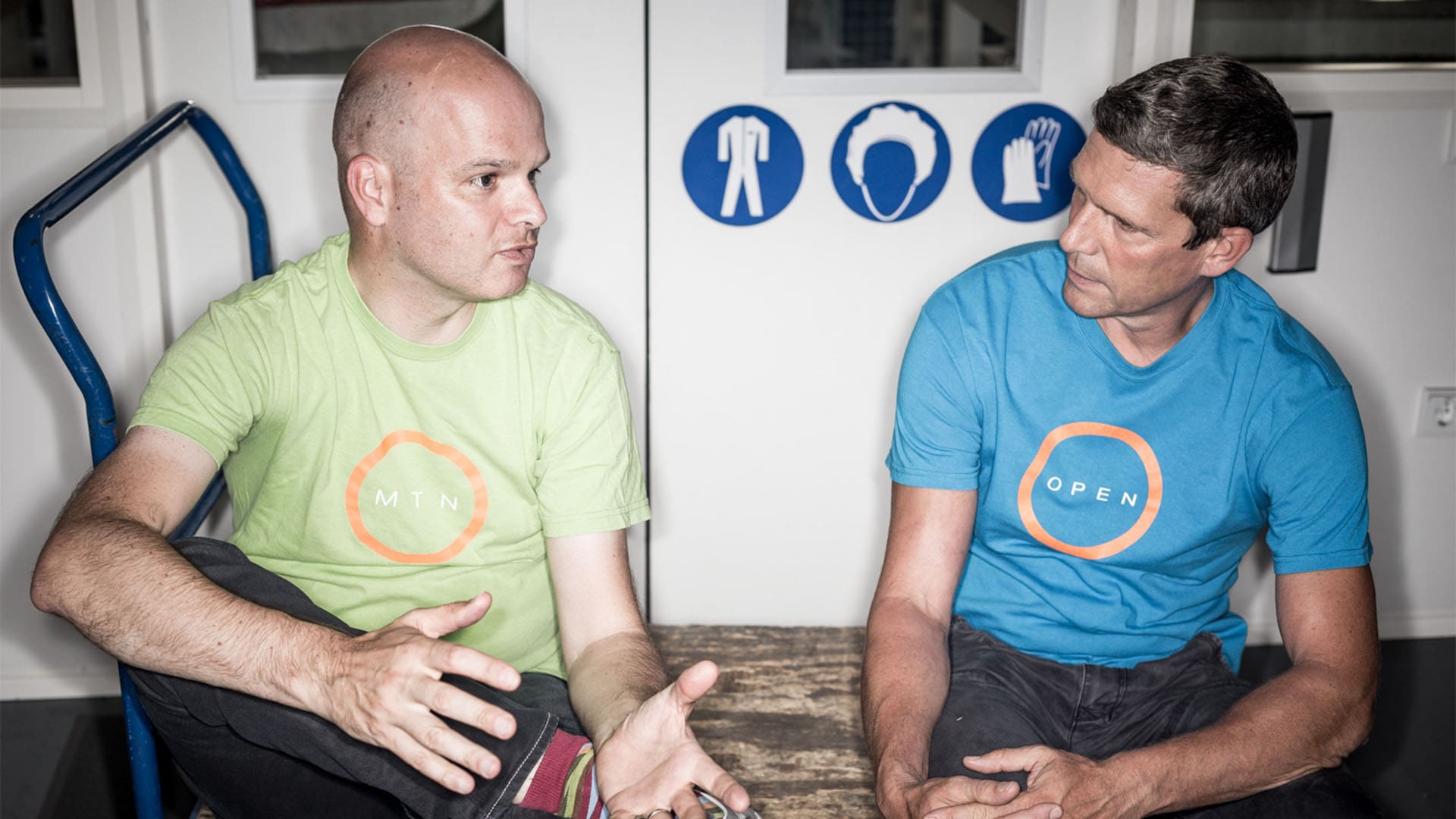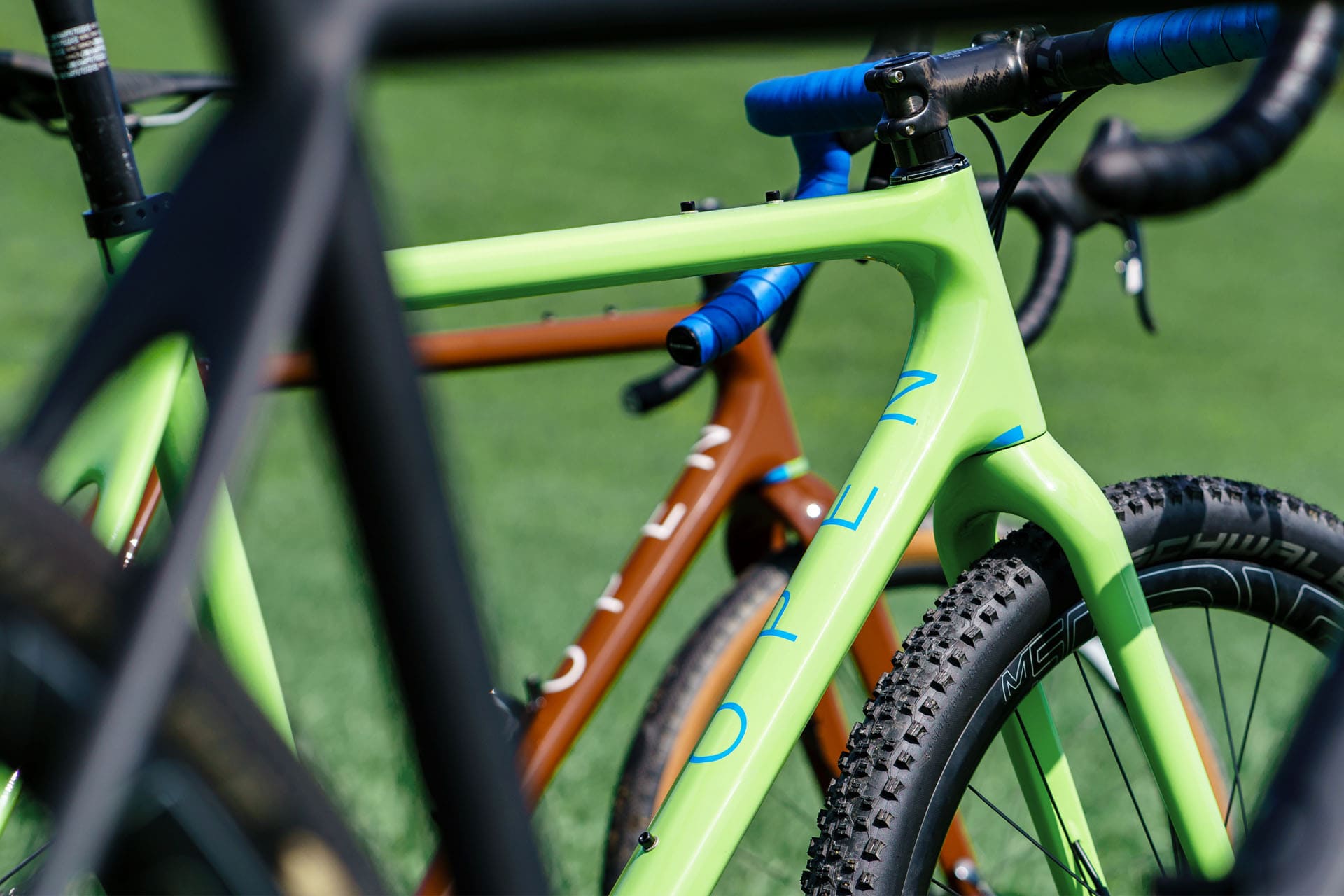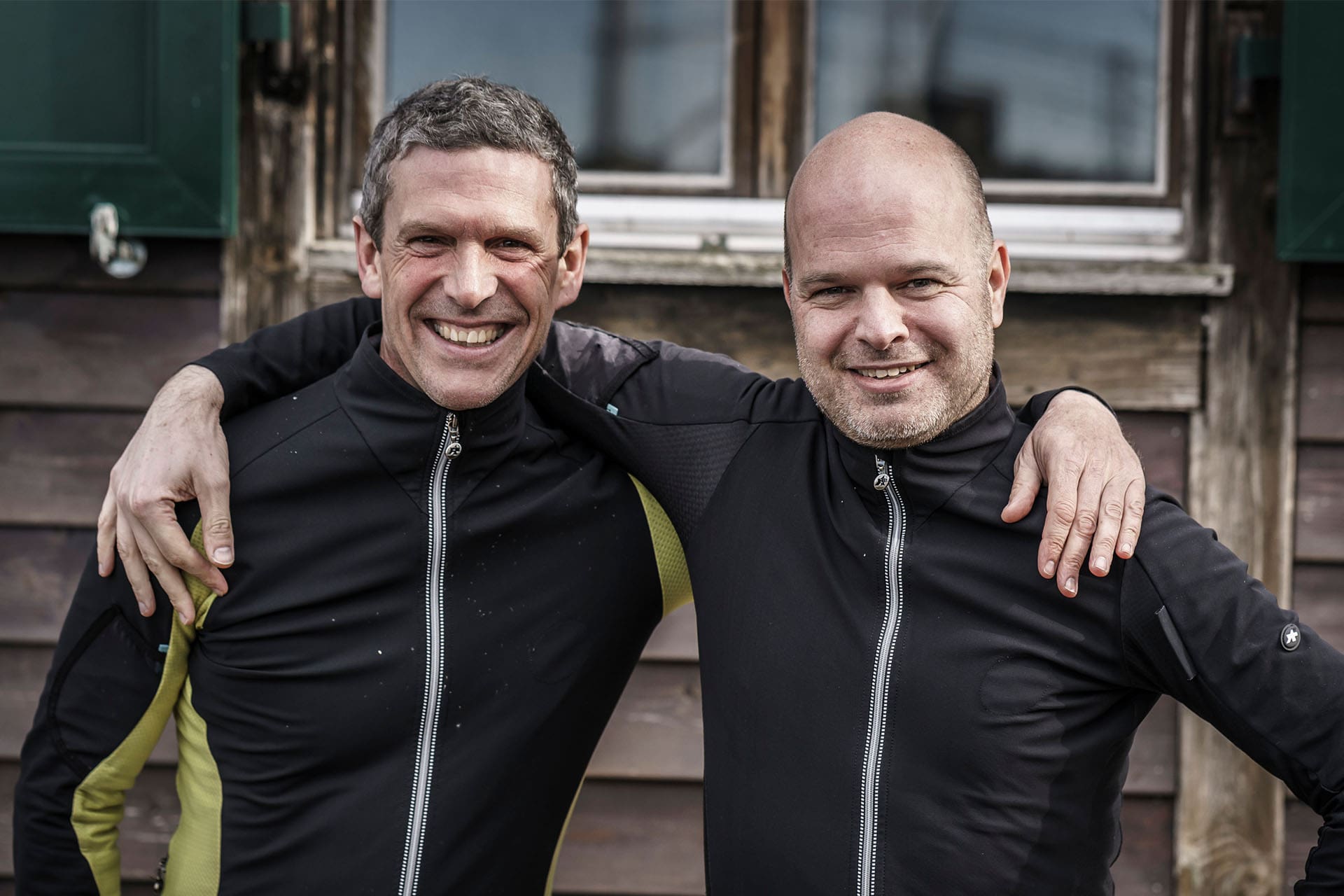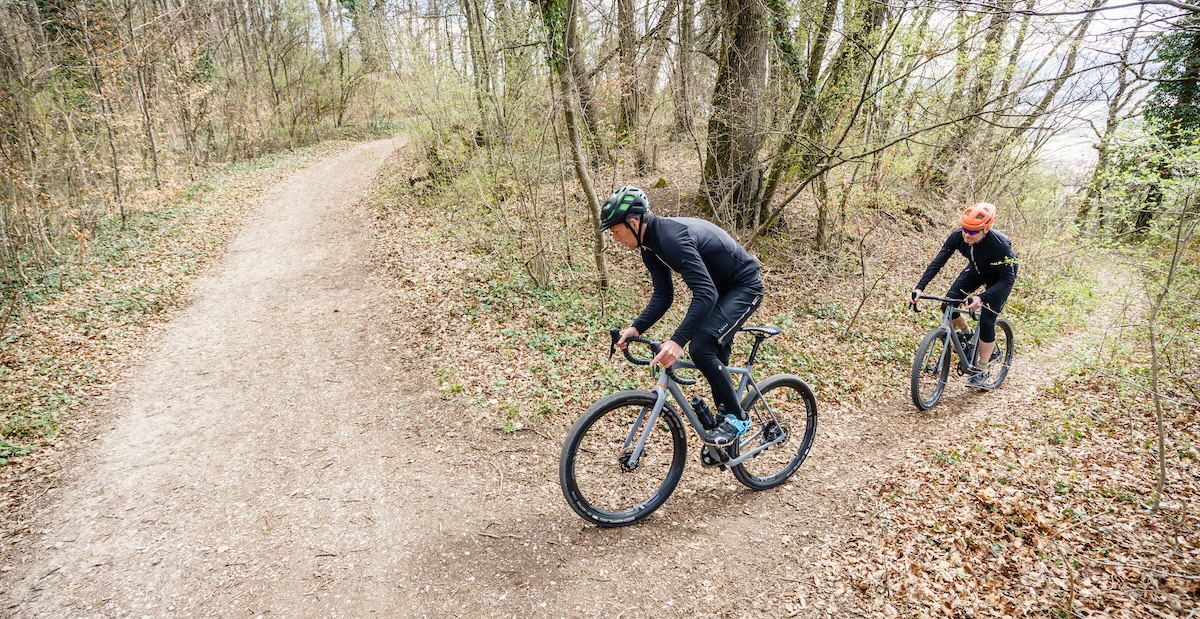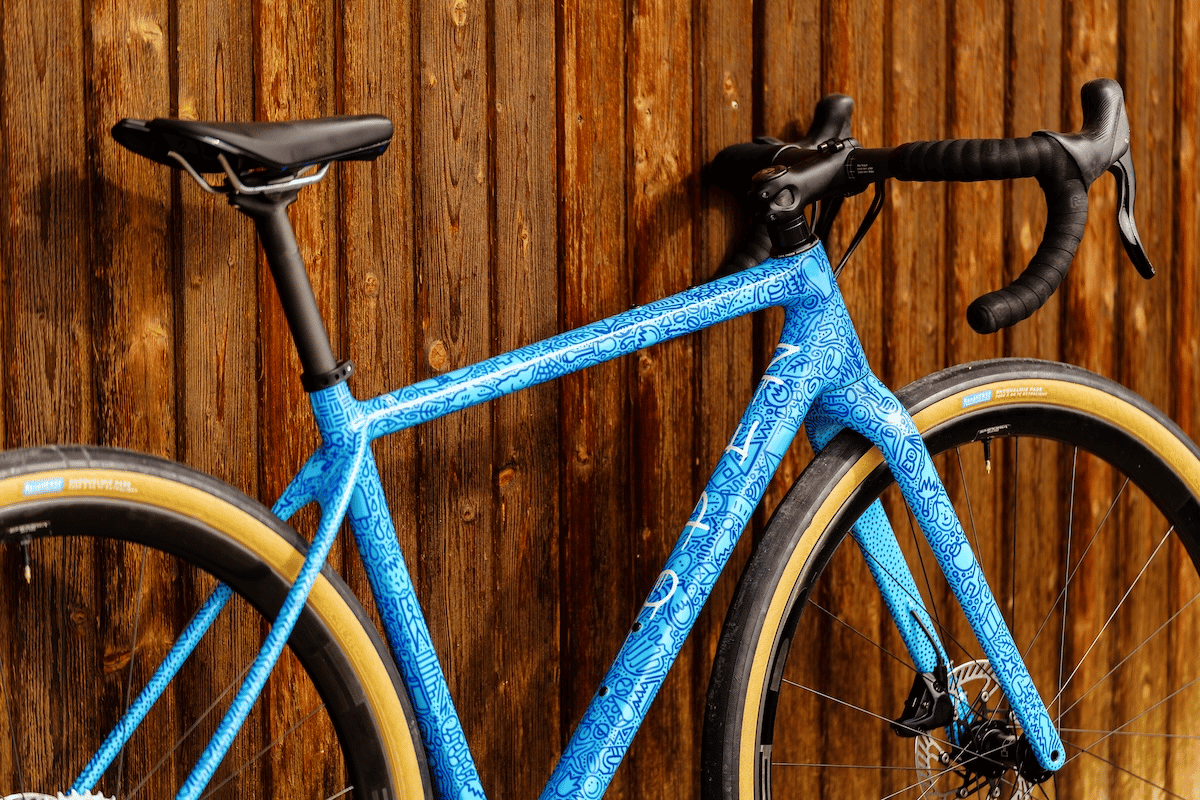Relentless Simplicity
17. Feb ’14
General

Our guiding principle while building the OPEN company is "relentless simplicity". This is borne out of the desire to create a successful company while maintaining some quality of life for ourselves. To use an icon from the inimitable apparel company Patagonia: "Live Simply" and the one-string guitar. It also matches our wish to run OPEN as a small company, not one with 50-150 employees as we did earlier in our careers. In those cases, we ended up doing the type of management work we don't like doing very much.

As a result, the focus at OPEN is for me to come up with new products, for Andy to get those products into your hands, and for both of us to talk to customers as much as possible. The latter has two functions:
First of all we believe that customer service is where companies can make a real difference; simply by replying to emails, you can set yourself apart from the competition. If on top of that, those replies are useful, you really have a winning formula.
Secondly, it is in talking to customers that we learn how we can improve. You tell us about a good store we overlooked (or a bad one we signed up). You ask for a cable stop dedicated to XX1, suggest features for an upcoming full suspension frame, point us towards a new component that might go well with the OPEN frame. If we wouldn't constantly be in contact with you, or if we would leave that to a customer service department far, far away from the decision makers, such feedback would never make it through.
At OPEN, your feedback directly goes to the two decision makers, simply because we are the only two who work here inside OPEN. And these two decision makers - Andy and I - huddle every morning for five minutes to discuss anything that has popped up. So a suggestion you make can turn into a company decision within 24 hours. That's tough to achieve in a bigger company.
Even bigger strategic issues we often discuss during our daily 5 minute huddle. We obviously can't solve these issues in such a short time, but every once in a while we will ask the other to give some thought to such or such idea, thereby inching closer to a final solution of the problem. Of course, we also take longer chunks of time to tackle bigger problems.
In the past few months, we have been working on the following "relentless simplicity" puzzle:

As a result, the focus at OPEN is for me to come up with new products, for Andy to get those products into your hands, and for both of us to talk to customers as much as possible. The latter has two functions:
First of all we believe that customer service is where companies can make a real difference; simply by replying to emails, you can set yourself apart from the competition. If on top of that, those replies are useful, you really have a winning formula.
Secondly, it is in talking to customers that we learn how we can improve. You tell us about a good store we overlooked (or a bad one we signed up). You ask for a cable stop dedicated to XX1, suggest features for an upcoming full suspension frame, point us towards a new component that might go well with the OPEN frame. If we wouldn't constantly be in contact with you, or if we would leave that to a customer service department far, far away from the decision makers, such feedback would never make it through.
At OPEN, your feedback directly goes to the two decision makers, simply because we are the only two who work here inside OPEN. And these two decision makers - Andy and I - huddle every morning for five minutes to discuss anything that has popped up. So a suggestion you make can turn into a company decision within 24 hours. That's tough to achieve in a bigger company.
Even bigger strategic issues we often discuss during our daily 5 minute huddle. We obviously can't solve these issues in such a short time, but every once in a while we will ask the other to give some thought to such or such idea, thereby inching closer to a final solution of the problem. Of course, we also take longer chunks of time to tackle bigger problems.
In the past few months, we have been working on the following "relentless simplicity" puzzle:
- We are developing a full suspension frame and a few other new frames, because they are the type of bikes we want to ride in addition to the hardtail, and because many of you have indicated you would too.
- More frame models lead to more complexity, which is obviously the opposite of relentless simplicity.
- So the puzzle becomes: How can we add frame models, but reduce complexity elsewhere so that we can continue to run this company with just Andy and I, while still having the time to talk to our customers every day?
